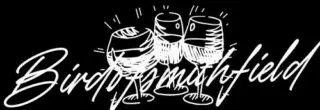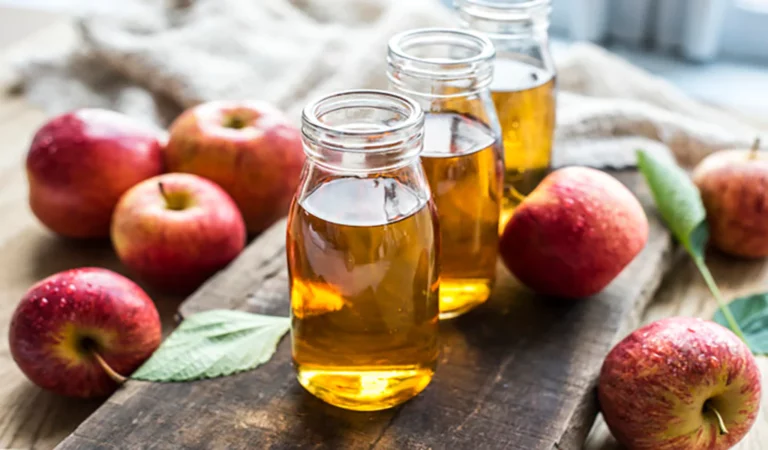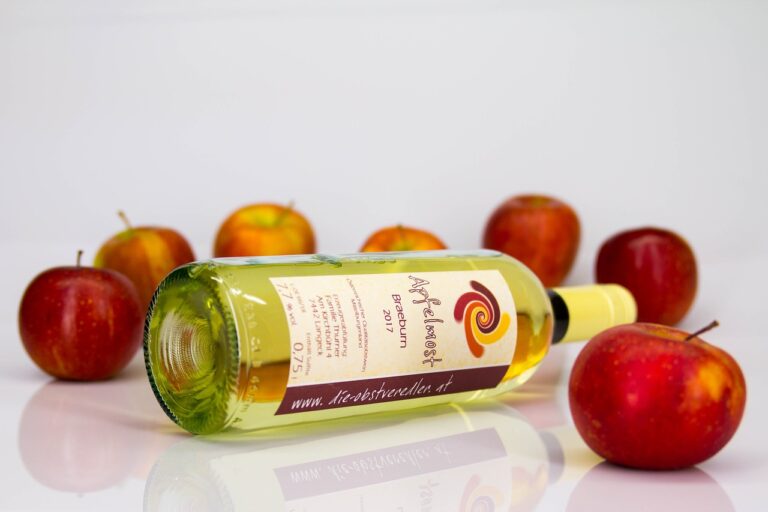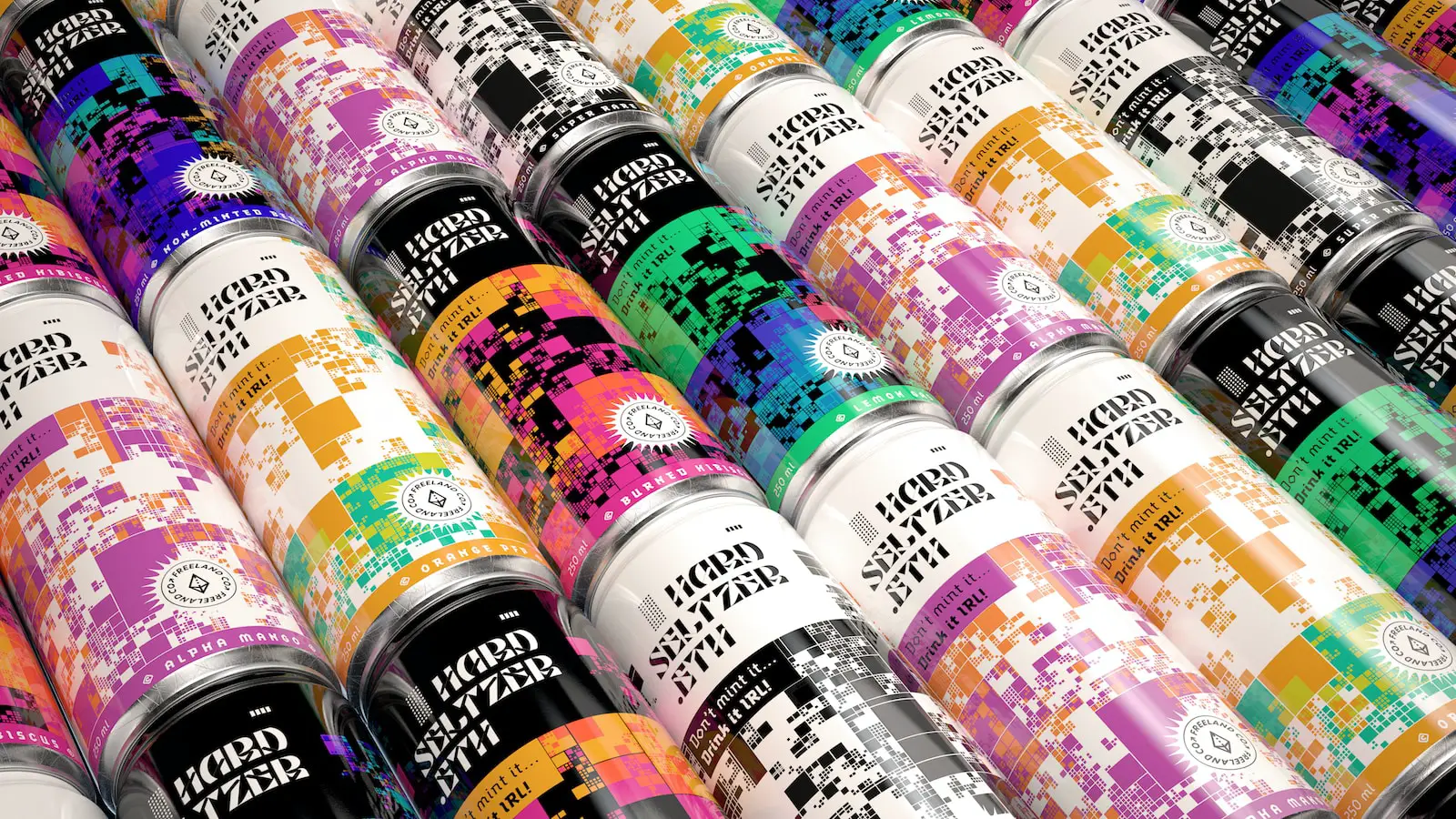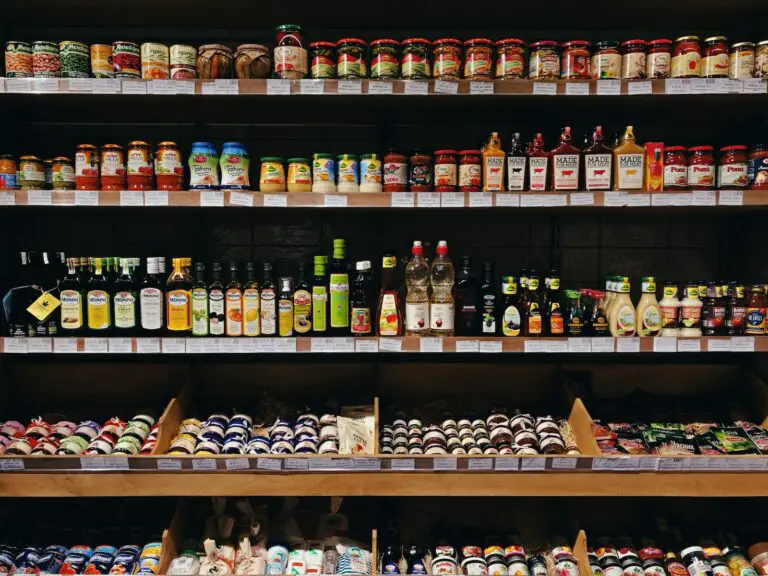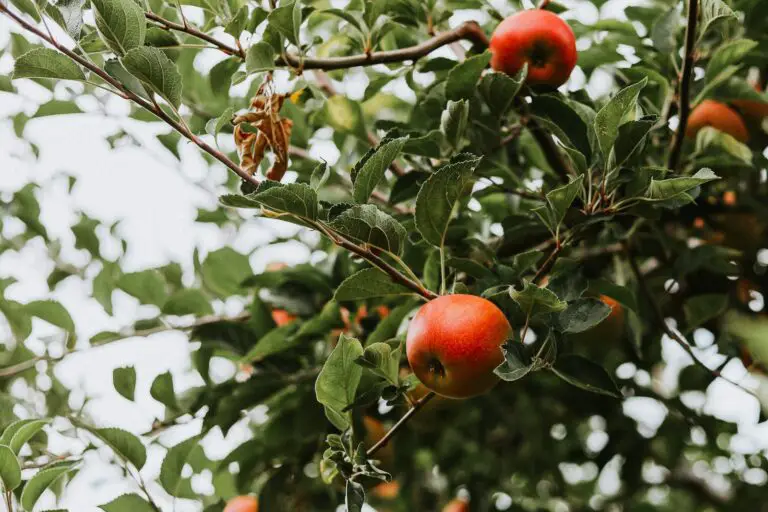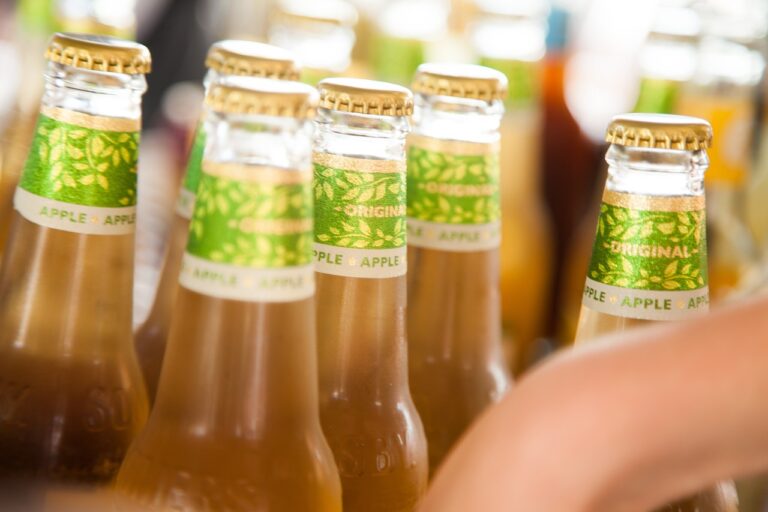You sit in your seat on a long flight, sipping on a glass of alcohol, and start wondering, “Can this substance power the plane you’re sitting in?”
While it may seem like a far-fetched idea, the use of alcohol as an aviation fuel is a topic of ongoing research and debate. While traditional jet fuel is made from crude oil, alcohol-based fuels have the potential to be a more sustainable and environmentally friendly alternative.
But is it a viable option for the aviation industry? Let’s take a closer look!
Can You Replace Plane Fuel with Alcohol?
Have you ever read about plane fuel? If not, let’s start with a brief introduction.
Plane fuel has long strings of carbon and hydrogens, collectively called hydrocarbons. The fuel’s weight varies depending on the number of atoms in the row.
Generally, aviation fuel is relatively heavier and has around 12-15 atoms. It’s either pure kerosene or comes in different blends of gasoline and kerosene.
Moreover, some plane fuels contain antioxidants, hydrocarbons, antifreeze, and deactivates. All compounds prevent the engine from corrosion and freezing.
But is it possible to use alcohol as plane fuel? For many years, ethanol has been a subject of study and has gained a lot of attention.
Many researchers have found its potential to fuel aircraft. For instance, in 2017, a blend of 10% ethanol and 90% gasoline completed a flight from Sydney to Melbourne in Australia.
Considering it and many more such experiments, the answer is yes. You can use alcohol to fuel the plane but must modify the plane’s engine first.
What Are the Pros of Using Alcohol as a Plane Fuel?
Now that you know alcohol can also serve as plane fuel, let’s discover some pros.
1. Alcohol is a Renewable Plane Fuel
You obtain alcohol from renewable sources like corn, sugarcane, and other biomass. In this way, it reduces your dependence on fossil fuels.
2. Causes Less Pollution
Traditional aviation fuels produce 2.5% of global carbon dioxide emissions and 1.9 % of greenhouse gases. In comparison, alcohol produces less carbon dioxide and other greenhouse gasses. Hence, it causes less pollution.
3. Ease of Availability
Importing fuel from other countries is unnecessary as you can produce alcohol locally. Hence, it saves money and increases energy security too.
Due to these reasons, considering alcohol as an aircraft fuel is a good option.
What Are the Cons of Using Alcohol as a Plane Fuel?
Using alcohol as a plane fuel has some limitations too. You just can’t ignore them.
Let’s uncover them!
1. Lower Energy Density of the Fuel
Alcohol fuels have lower energy density than traditional jet fuels. What does this statement mean?
Well! It means you need more alcohol to get the same amount of energy as jet fuel produces. Not only it makes the plane heavier, but it also reduces its range.
For instance, research by the University of Illinois in 2015 found that using ethanol as an aviation fuel reduced the plane’s range by 12%.
2. Production is Expensive
To use alcohol as an aviation fuel, you must have it in large amounts. And when it’s unavailable, you have to import it. Hence, it costs you extra money and makes alcohol production quite expensive.
3. Changes in the Existing Fuel Infrastructure
As you know, the existing infrastructure is suitable for fossil fuels. If you want to make it work for alcohol, its reconstruction is the only solution.
But it’s impossible as you need significant monetary investment. And, of course, a lot of time too.
4. Freezing Problem and Lower Flash Point
Ethanol is the most compatible alcohol-based fuel for aviation. But it has a higher freezing point, making it inapt for flights in colder regions.
Moreover, lower flash points make it easy to catch fire. Hence using it is a severe safety concern.
So, these limitations need to be overcome to make alcohol an ideal plane fuel.
Is Alcohol a Good Alternative to Plane Fuel?
There’s no clear yes or no answer regarding alcohol as an alternative to plane fuel. Alcohol fuel offers a range of benefits, like less dependence on already scarce fossil fuels, less pollution, and energy security.
According to some experts, with the right policies and incentives, the aviation industry could transition to alcohol fuels. However, counter-opinions also exist.
Some experts are more skeptical about the technical, economic, and logistical challenges associated with fuel. Both opinions are accurate.
Hence, the debate on alcohol as an alternative to plane fuel needs more research and practical solutions to overcome the limitations first.
How is Alcohol for Plane Fuel Produced?
The production of alcohol-based aviation fuel depends on the feedstock and the ease of production. Considering it, the two most common production processes are highlighted below:
1. Fermentation
Fermentation is the most common method for producing ethanol, and the feedstock is crops such as wheat, sugarcane, etc.
These crops contain carbohydrates. During the process, microorganisms like yeast or bacteria break these carbs into simpler sugars.
As a result, you get ethanol and carbon dioxide. The former then undergoes distillation and purification resulting in fuel-grade ethanol.
2. Gasification of the Feedstock
Gasification is the process where biomass or feedstock is converted into ethanol. It’s not worth using. That’s why you have to distill and purify it.
The final alcohol is also blended with gasoline or other chemicals to meet the specific requirements of aviation fuels.
FAQs
Can You Use Vodka as a Plane Fuel?
Vodka is an alcoholic beverage with approximately 40% alcohol; the rest is water and other flavoring agents. Using such alcohol as jet fuel is not possible in any case.
To use vodka as an aviation fuel, you must concentrate the ethanol first. And it’s not economical.
Also, it’s worth noting that vodka is a finished product, and aviation fuels must come from the feedstock. Hence, it makes vodka the wrong plane fuel.
Can Ethanol Be Used as Jet Fuel?
Many experiments have shown the successful use of ethanol as jet fuel. But its density is relatively low, and you need it in large quantities.
All these facts make it less demanding in the contemporary era.
Can You Fly a Plane on Rum?
Like vodka, rum is also an alcoholic drink with 37.5% ethanol. It’s a finished product for your consumption, not flying a plane.
Therefore, using it to fly a plane is impossible.
The Bottom Line
You can use alcohol as plane fuel as it has a lot of benefits. But you can’t oversee its limitation too.
Due to this, it’s not a widely accepted jet fuel. Still, much research is required to overcome its limitations and make it suitable for the jet engine.
